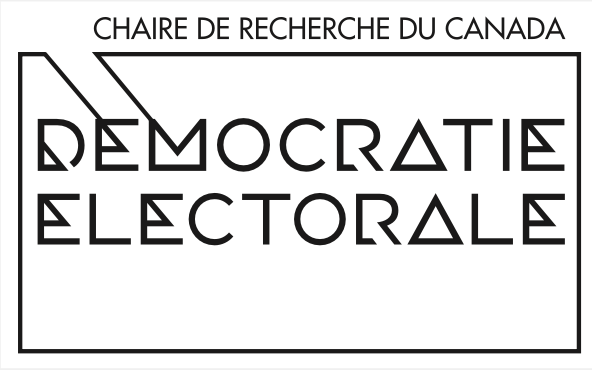Electoral Chairs’ Seminars – November 23th
23 November 2022 • 12:00 23 November 2022 • 13:00
C-4145
Multidimensional Group-level Latent Preferences
Elissa Berwick – McGill University
This paper presents a framework for estimating multidimensional, dynamic group-level latent preferences, even in contexts defined by sparse data. We demonstrate the ability of our group-level model to recover individual-level trends in both simulated data and published applications, and then leverage the model to compare the ideological leanings of Spanish regions. The shortcomings of traditional, self-reported left-right self-placements as summaries of ideological position suitable for cross-national comparisons are well known, and have inspired numerous alternative measurement approaches. Less commonly acknowledged, though, is the fact that similar concerns plague the application of left-right scales to within-country variation. Regional variation in the meanings of “left” and “right” can also deprive researchers of a parsimonious measure of cross-regional ideological differences, making it difficult to assess claims regarding ideological differences between regions or ideological change over time. Group-level geographic variation in preferences is particularly relevant in Spain, where inconsistent responses to left-right self-placement and policy questions have long puzzled researchers and where strong regional identities complicate individuals’ evaluations of what the state “should” do, leading to differential item functioning. Our results demonstrate that estimating group-level latent ideology enables comprehensive comparison across groups in a multidimensional setting.

This content has been updated on 4 November 2022 at 14 h 45 min.